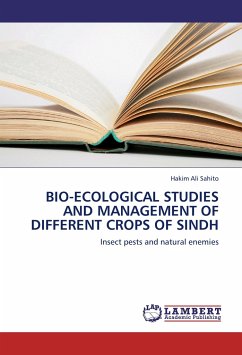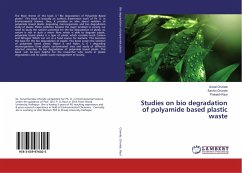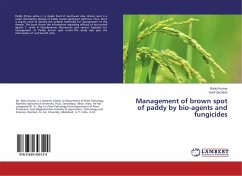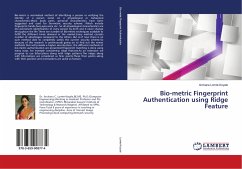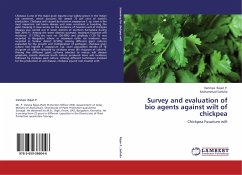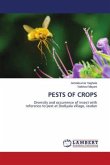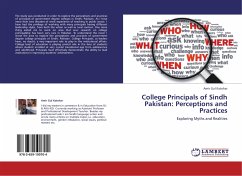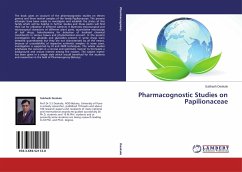Crops of Sindh are known mostly the cash crops of Pakistan like cotton and others which are source of livelihood for 1.5 million farming families and several millions of labor in cities and towns these accounts for our export earnings and domestic edible oil productions. There is no doubt that, agriculture in Asia has gone through great changes in the 20th century to date especially in Pakistan due to major crop cotton which recently attacked a vigorous pests. More over, world food and fiber supplies are generally very low and barely sufficient to meet catastrophe such as large scale crop failures. There are many reasons of low production of crops. One of the major reason is the great loss inflicted by countless pests and diseases on these major crops cultivated here in Sindh, Pakistan which occur at different stages from sowing to harvest. Insect pests are considered major constraint in crops production in Pakistan. Among insect pests, cotton bollworms (Helicoverpa armigera, Earias vittella, Earias insulana, Pectinophora gossypiella and Spodoptera litura), whitefly (Bemisia tabacci), cotton aphid (Aphis gossypeii) and others are considered of prime importance.
Bitte wählen Sie Ihr Anliegen aus.
Rechnungen
Retourenschein anfordern
Bestellstatus
Storno

